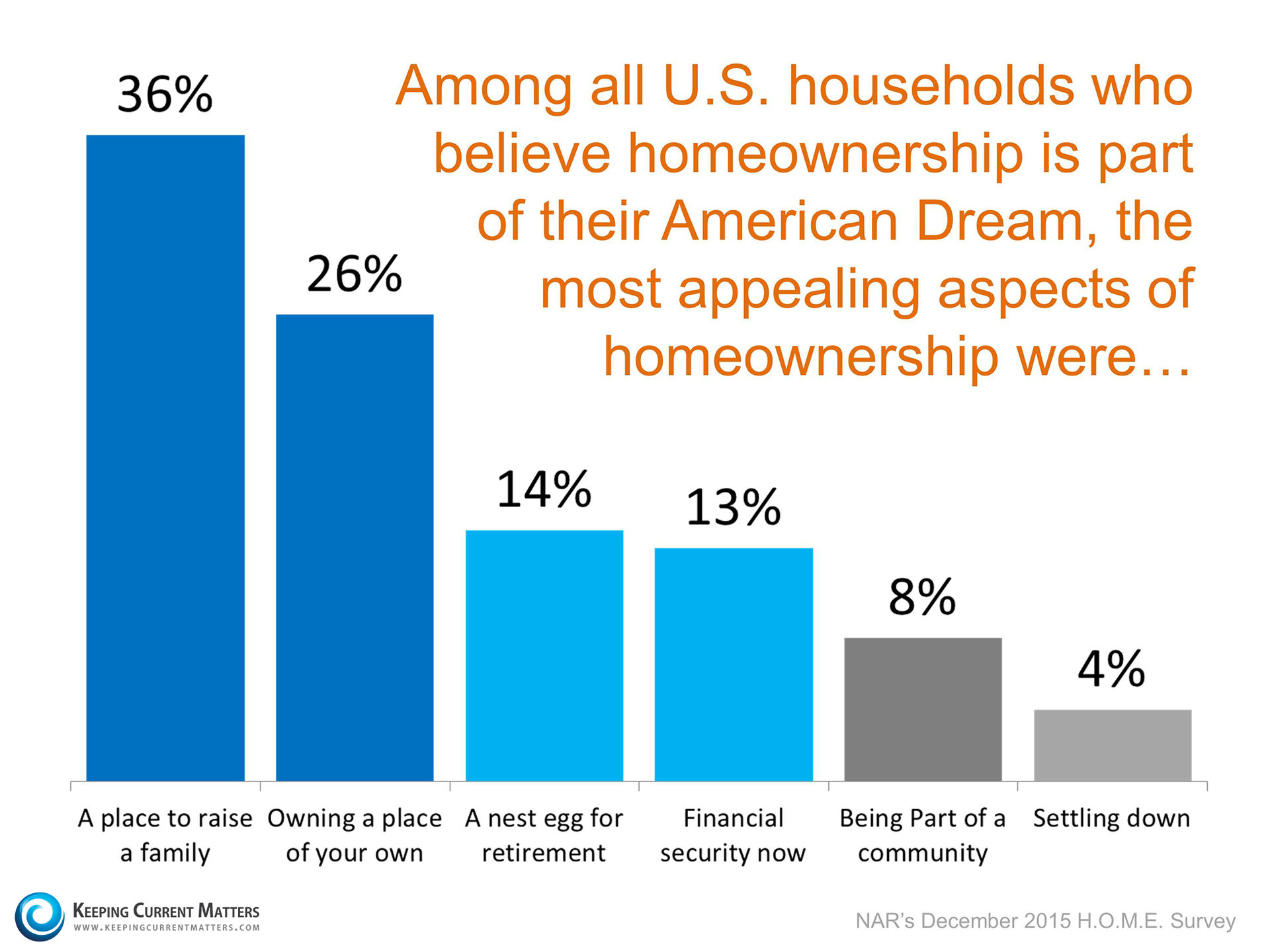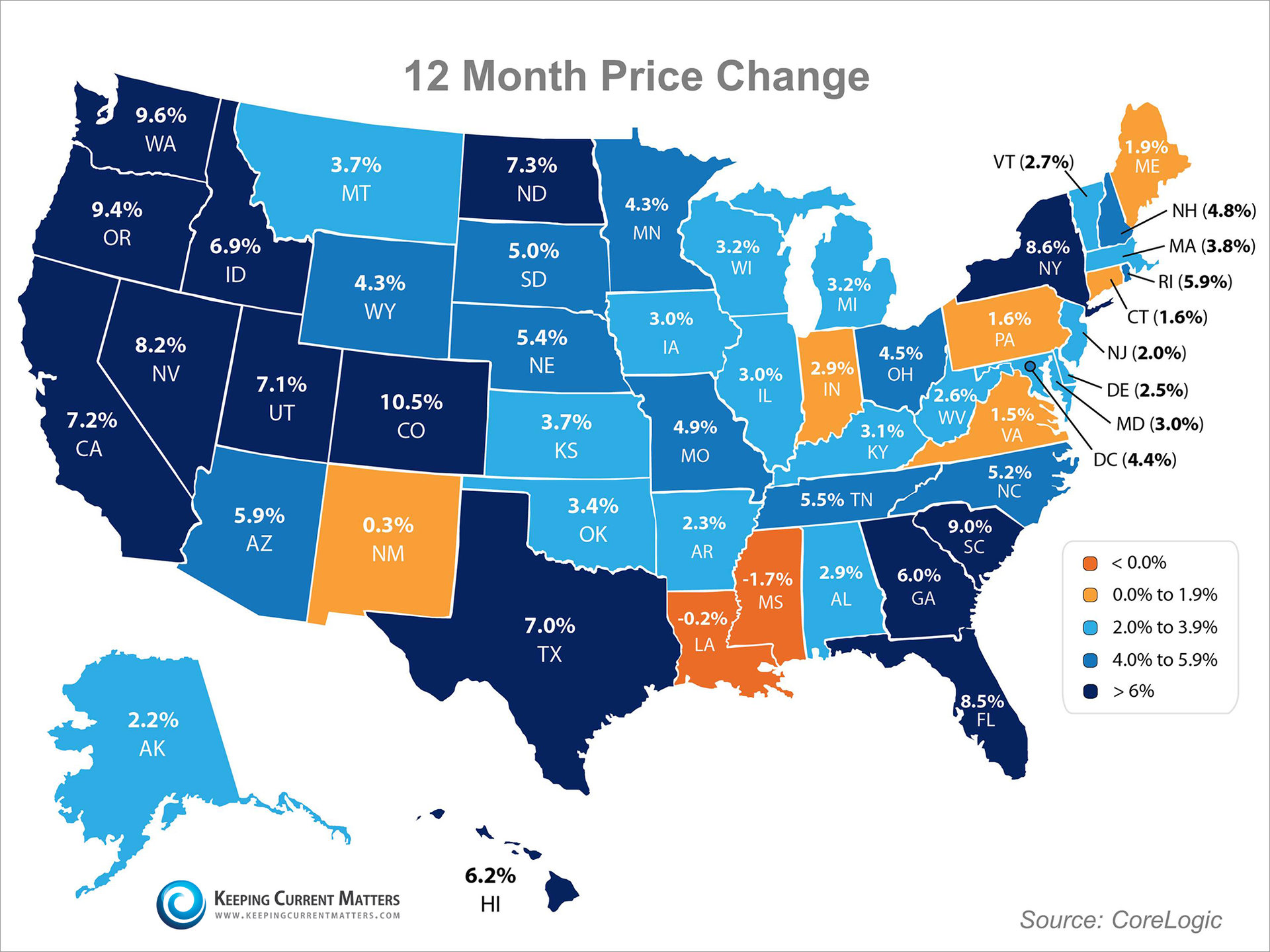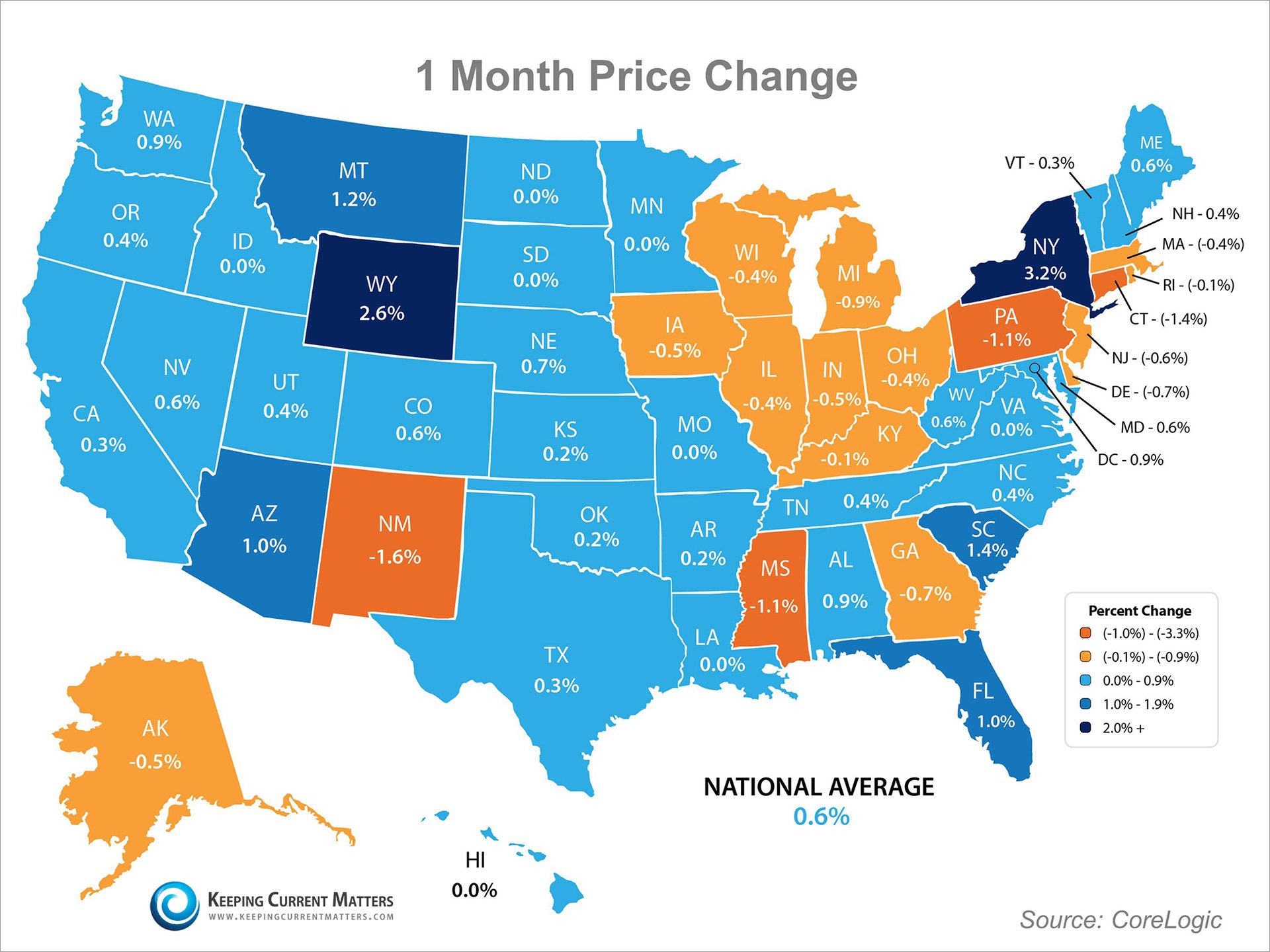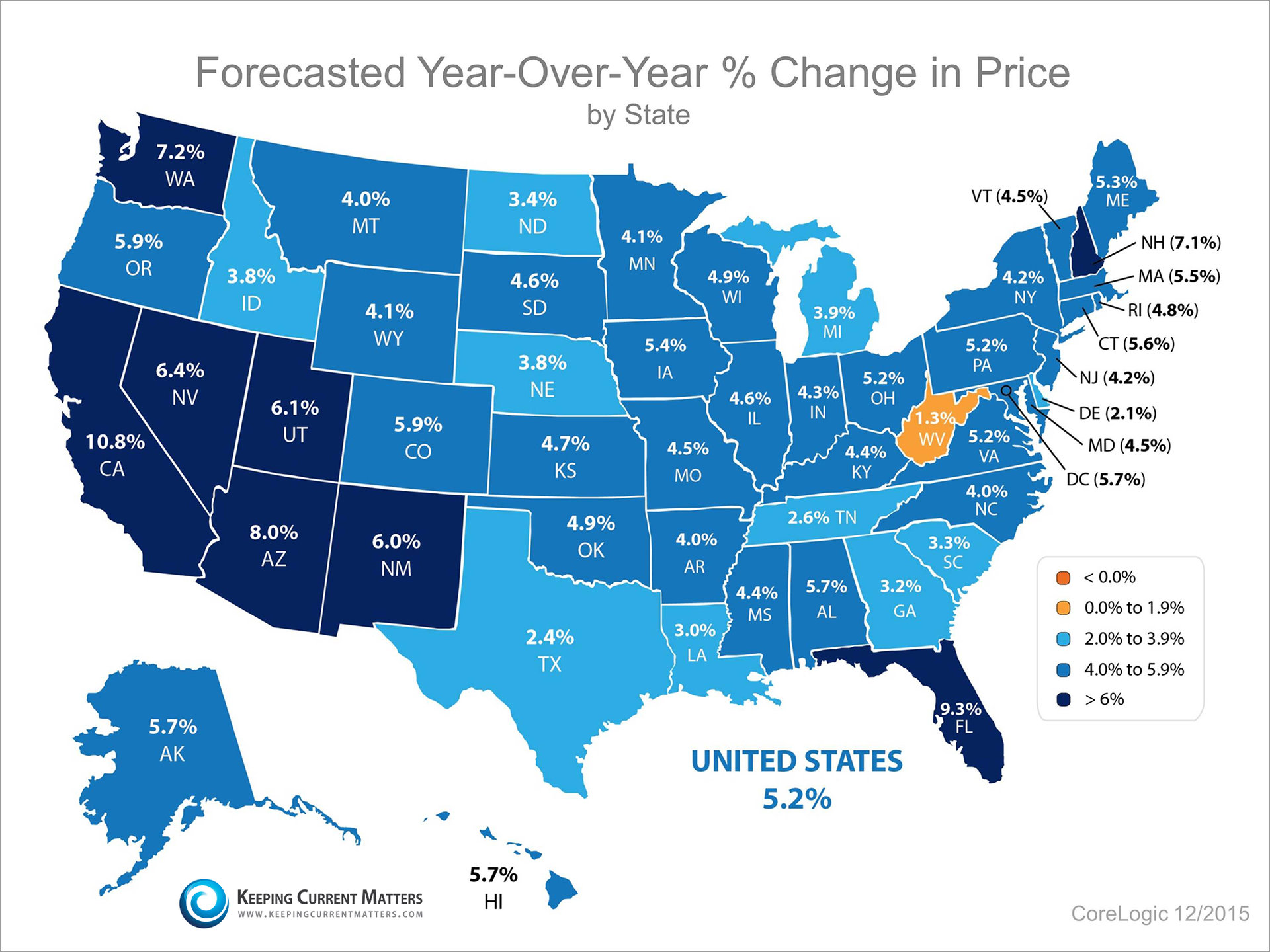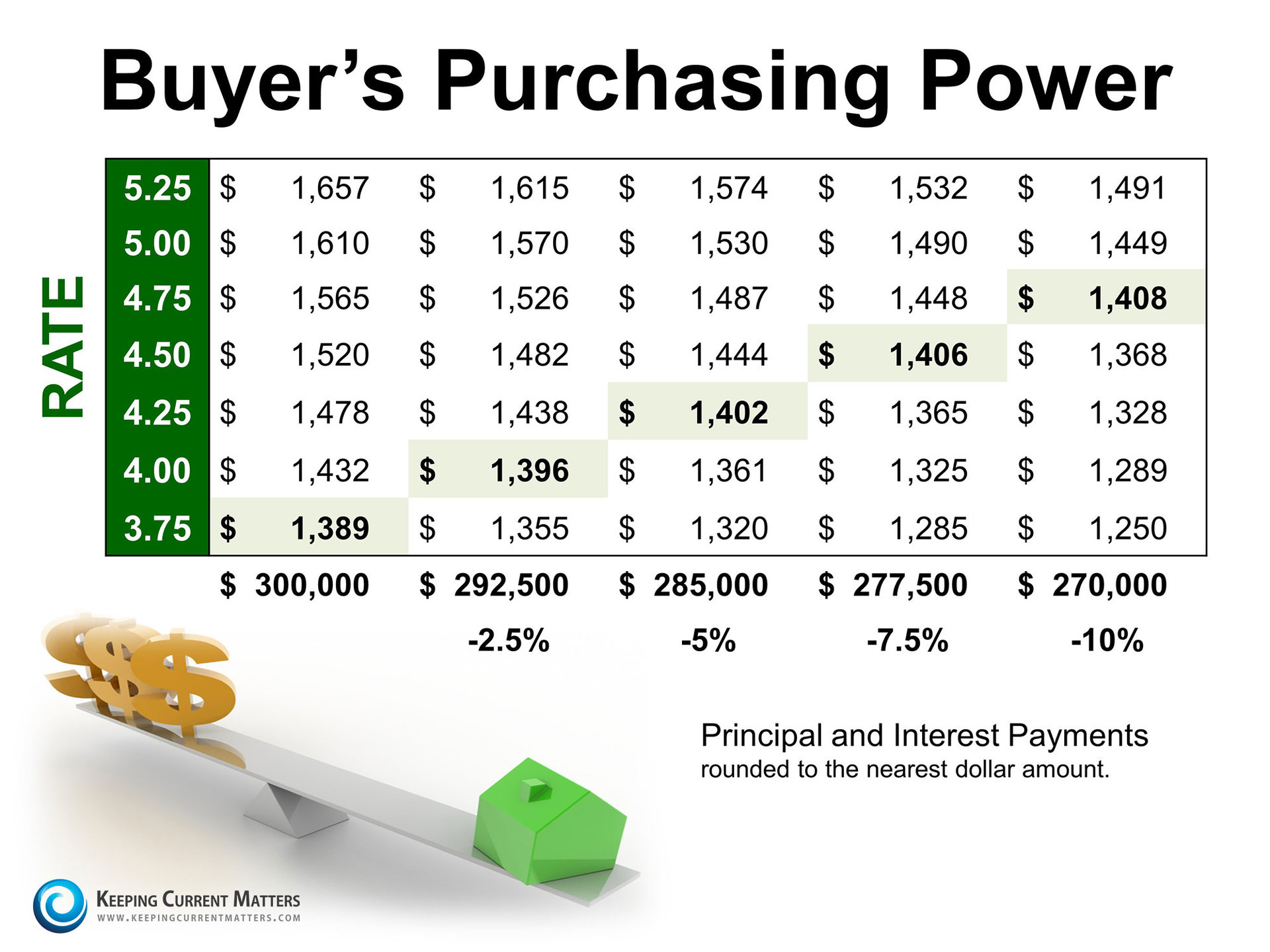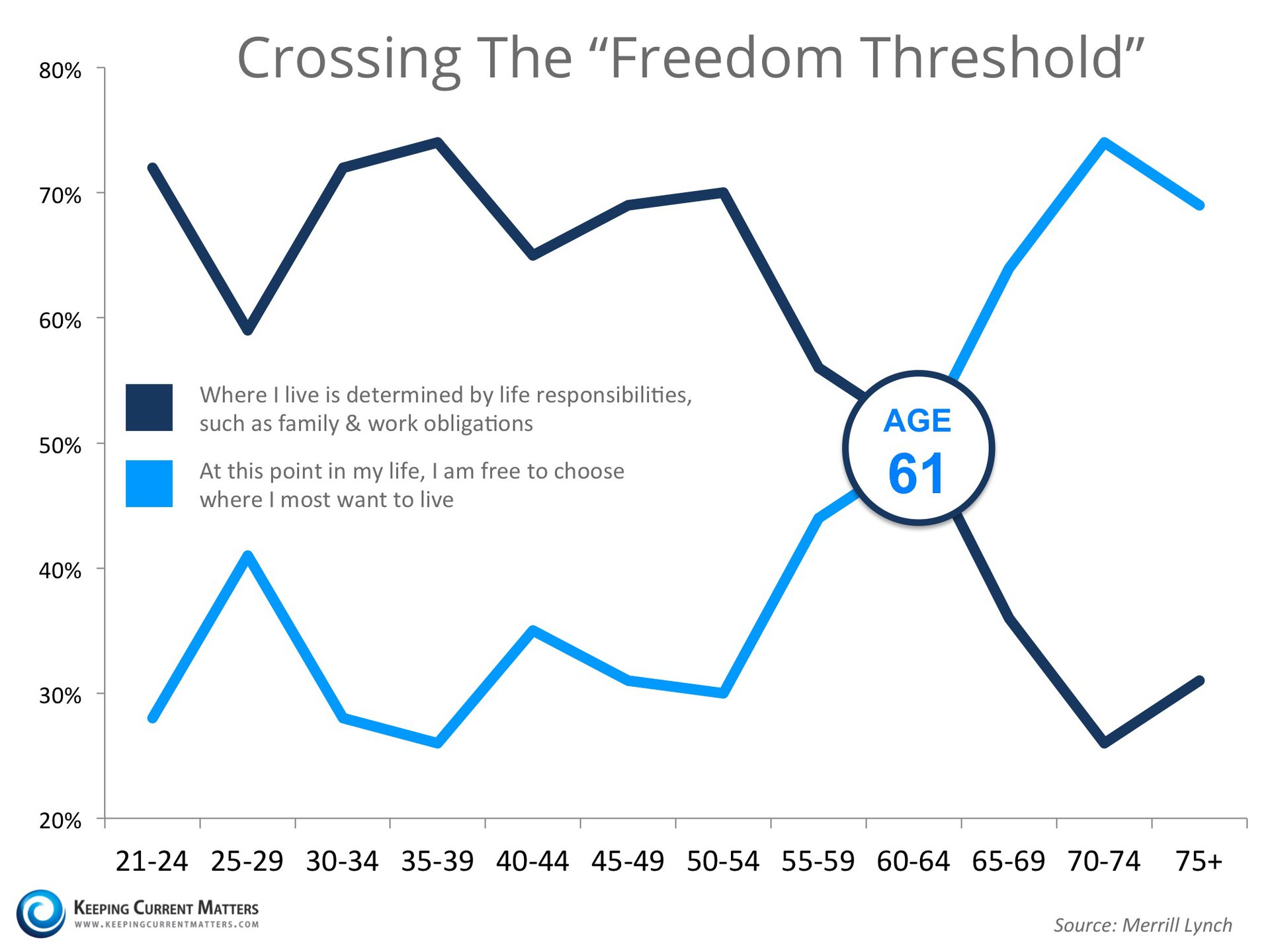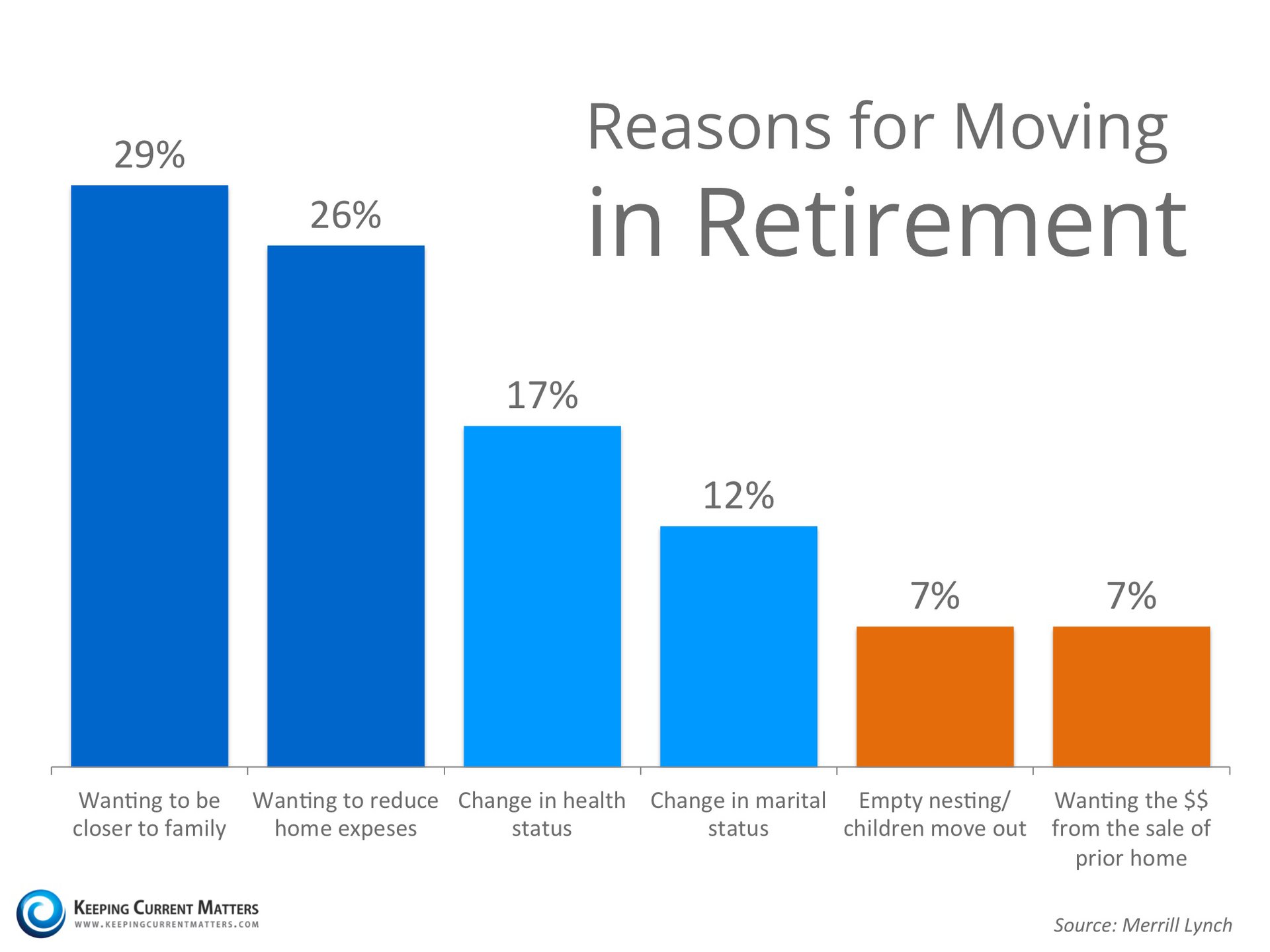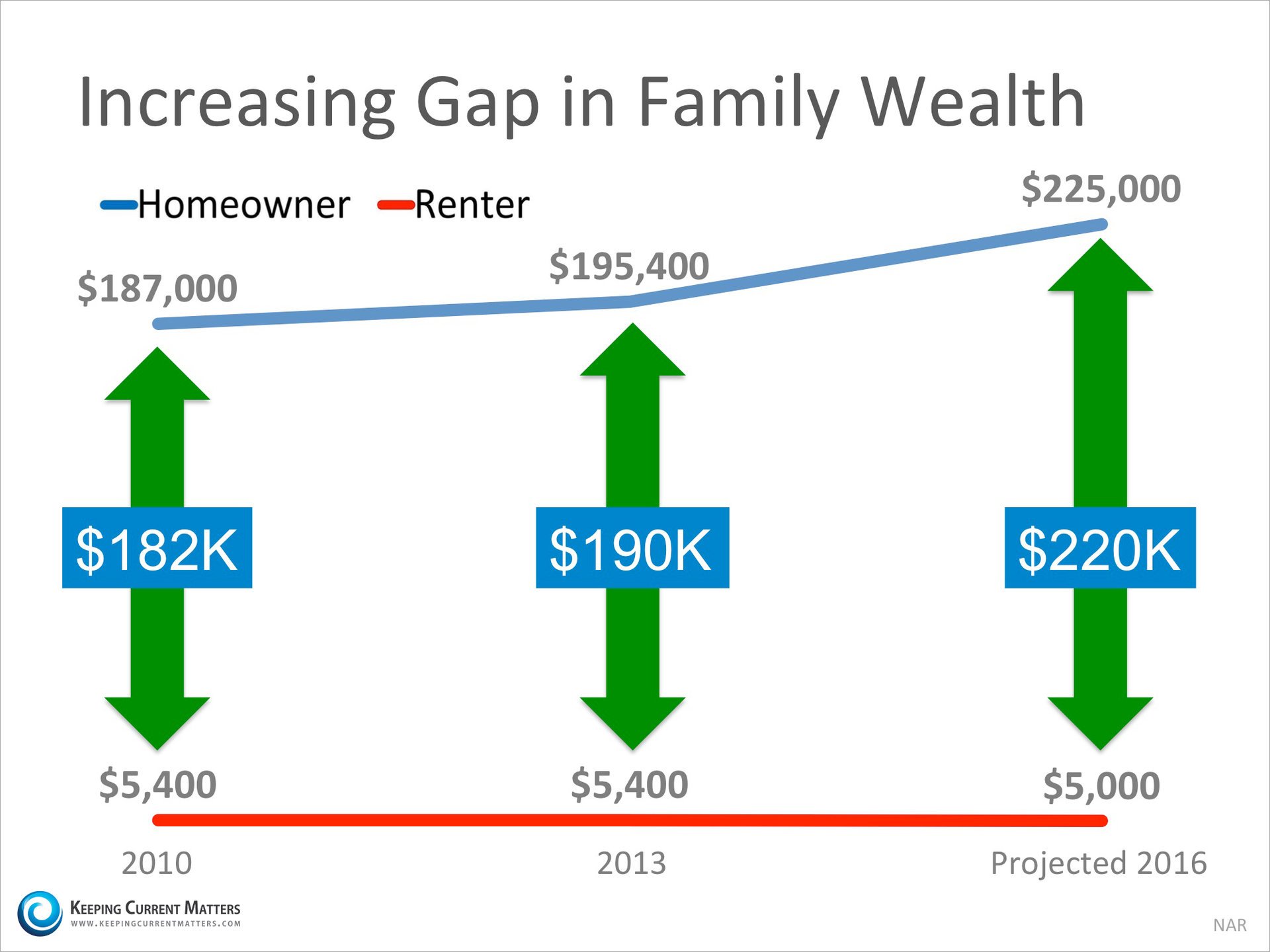One of the questions I am asked most often is, "We signed our closing documents. When can we have the keys to our new home???"
Buyers are ALWAYS eager to take possession of the property they are purchasing. Buyers and sellers both often attempt to move the process ahead of the contract deadlines, and sometimes that can be done. But more often than not, people need to hear, more than once, the process involved in actually closing a purchase and taking possession of their new home. And in order to protect both sides, those procedures need to be followed.
Today, more than ever, home buying is a complex process. In simplified form, for a buyer the steps look something like this:
- Identify a reputable Realtor to represent you
- Obtain lender pre-approval
- Identify a suitable property
- Write an offer
- Obtain mutual acceptance
- Apply for financing
- Arrange a home inspection
- Review all contract documents and negotiate inspections, title concerns, etc.
- Meet lender requirements
- Comply with escrow requests
- Review and approve closing disclosure statements
- Arrange document signing
This is the point at which many buyers become confused. They believe, having signed documents and knowing the lender has arranged payment, the home is now theirs. However, that is not the case. The next bullet point should say:
- WAIT!
Buyers AND sellers both have to sign escrow documents, most often at different times on different days. Funding does have to be arranged and confirmed with the lender. Once both sides have signed, the final documents have to be assembled by escrow for submission to the County in which the sale is going to be recorded. The documents then have to be sent to the County and they are put in a que for recording as the County staff is able. Only after confirmation as been received that the County has processed the documents and provided recording numbers is the transaction truly complete and keys can be provided to the buyer. Recording typically takes place a day or two after signing, and that waiting can be hard!
What are the pitfalls of transferring keys prior to actual recording with the County? Just one is liability. If the buyer takes possession before ownership legally transfers and there is a break-in, or a fire, or water damage, or an earthquake. Who is responsible? Who assumes liability? Who assumes the risks of loss or a lawsuit? By withholding keys until the process is complete, a good Broker is protecting both buyers and sellers from risk. The waiting is hard, but be grateful if you have a professional on your side looking out for your best interests!
As always, if you have any questions, please feel free to ask. I'm always happy to help!
 Facebook
Facebook
 X
X
 Pinterest
Pinterest
 Copy Link
Copy Link

![Should I Buy Now Or Wait Until Next Year? [INFOGRAPHIC] | Keeping Current Matters](http://www.keepingcurrentmatters.com/wp-content/uploads/2016/01/Cost-of-Waiting-KCM.jpg)

